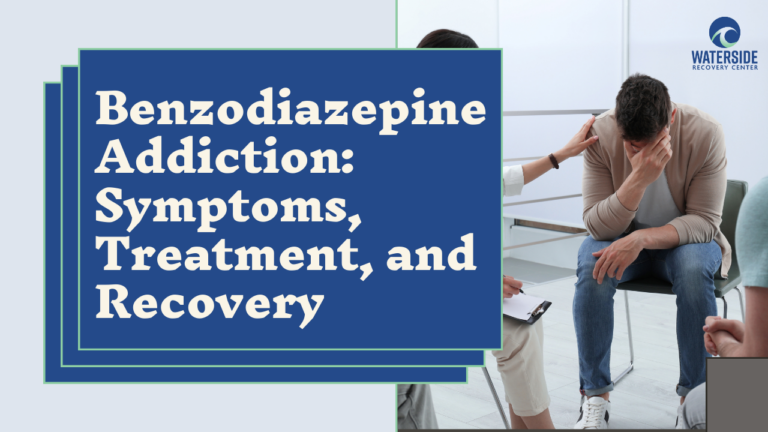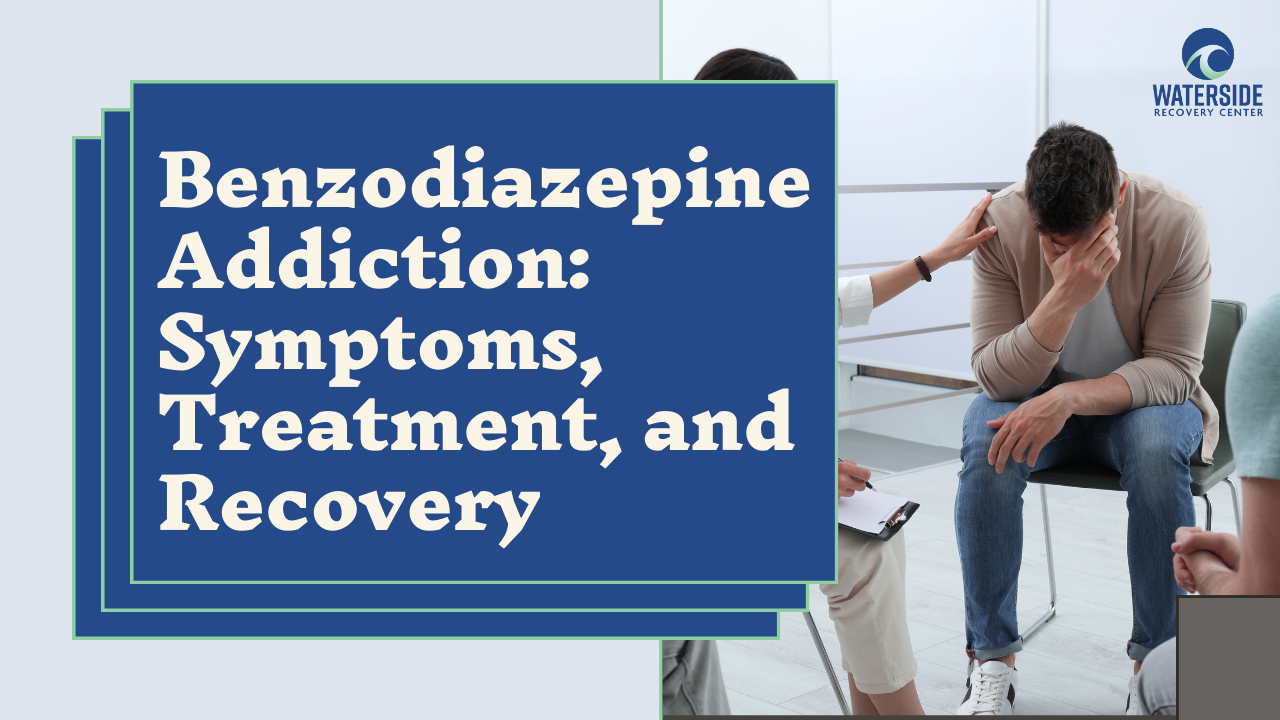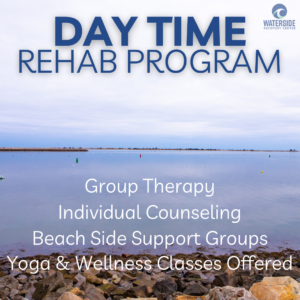
Benzodiazepine Addiction: Symptoms, Treatment, and Recovery
Benzodiazepines are a class of prescription drugs that are commonly used to treat anxiety and sleep disorders. They are highly effective in reducing symptoms such as panic attacks, insomnia, and muscle tension. However, long-term use of benzodiazepines can lead to addiction, which can be difficult to overcome.
Benzodiazepine addiction is a serious problem that affects millions of people worldwide. Addiction to these drugs can cause a range of physical and psychological symptoms, including anxiety, depression, insomnia, seizures, and even death. The risk of addiction increases with long-term use, and it is important for patients to be aware of the potential risks before starting treatment with benzodiazepines.
Despite the risks associated with benzodiazepine addiction, many people continue to misuse these drugs. This is often due to a lack of understanding about the potential dangers of long-term use, as well as the addictive nature of these drugs. It is important for healthcare providers to educate patients about the risks of benzodiazepine addiction and to provide appropriate support and treatment for those who develop an addiction.
Understanding Benzodiazepine Addiction
Benzodiazepines are a class of prescription drugs that are commonly used to treat anxiety, insomnia, and other related conditions. Although they are effective in managing these conditions, they can also be highly addictive.
Causes of Addiction
There are several factors that can contribute to the development of benzodiazepine addiction. These include:
- Prolonged use: The longer a person takes benzodiazepines, the more likely they are to become addicted.
- High dosage: Taking larger than prescribed doses of benzodiazepines can increase the risk of addiction.
- Mental health issues: People with mental health issues such as anxiety and depression may be more susceptible to benzodiazepine addiction.
- Genetics: Some people may be genetically predisposed to addiction.
Signs and Symptoms
The signs and symptoms of benzodiazepine addiction can vary from person to person. Some common signs and symptoms include:
- Increased tolerance: Over time, a person may need to take higher doses of benzodiazepines to achieve the same effect.
- Withdrawal symptoms: When a person stops taking benzodiazepines, they may experience withdrawal symptoms such as anxiety, insomnia, and seizures.
- Cravings: A person may experience strong cravings for benzodiazepines.
- Continued use despite negative consequences: A person may continue to use benzodiazepines despite negative consequences such as relationship problems, financial difficulties, and health issues.
Risks and Complications
Benzodiazepine addiction can have serious risks and complications. These include:
- Overdose: Taking high doses of benzodiazepines can lead to overdose, which can be fatal.
- Accidents: Benzodiazepines can impair a person’s coordination and reaction time, increasing the risk of accidents.
- Mental health issues: Benzodiazepine addiction can exacerbate existing mental health issues and lead to the development of new ones.
- Relationship problems: Benzodiazepine addiction can strain relationships with family, friends, and coworkers.
- Financial difficulties: The cost of purchasing benzodiazepines can lead to financial difficulties.
Treatment Strategies
Detoxification Process
The first step in treating benzodiazepine addiction is often detoxification. This process involves gradually tapering off the medication under medical supervision to minimize withdrawal symptoms. In some cases, medication may be used to manage withdrawal symptoms.
Therapy and Rehabilitation
Therapy and rehabilitation are important components of benzodiazepine addiction treatment. Cognitive-behavioral therapy (CBT) is a common form of therapy used to help individuals identify and change negative patterns of thinking and behavior. Group therapy and support groups can also be helpful in providing social support and accountability.
Medication-Assisted Treatment
Medication-assisted treatment (MAT) can be effective in treating benzodiazepine addiction. Medications such as buprenorphine and methadone can help manage withdrawal symptoms and cravings. However, MAT should be used in conjunction with therapy and rehabilitation for the best outcomes.
Overall, the most effective treatment for benzodiazepine addiction will vary depending on the individual’s needs and circumstances. It is important to work with a qualified healthcare professional to determine the best course of treatment.
Prevention and Education
Benzodiazepine addiction is a serious problem that can have devastating effects on individuals and society as a whole. Prevention and education are essential in addressing this issue. There are several ways in which prevention and education efforts can be implemented.
Public Awareness Campaigns
Public awareness campaigns can be an effective way to educate the public about the dangers of benzodiazepine addiction. These campaigns can be targeted towards specific populations, such as teenagers or older adults, who may be more susceptible to addiction. They can also be used to promote safe prescribing practices among healthcare professionals.
Educational Programs
Educational programs can be implemented in schools, universities, and other settings to educate individuals about the risks of benzodiazepine use and addiction. These programs can include information about the effects of benzodiazepines on the brain and body, as well as strategies for avoiding addiction and seeking help if needed.
Policy and Regulation
Policy and regulation can also play a role in preventing benzodiazepine addiction. This can include regulations on the prescribing and dispensing of benzodiazepines, as well as laws and policies aimed at reducing the availability of these drugs. Additionally, policies can be implemented to promote alternative treatments for anxiety and other conditions for which benzodiazepines are commonly prescribed.
Overall, prevention and education efforts are essential in addressing benzodiazepine addiction. By raising awareness about the risks of these drugs and promoting safe prescribing practices, we can help to reduce the number of individuals who become addicted to benzodiazepines and improve the health and well-being of our communities.
Ongoing Research and Developments
Ongoing research and developments in the field of benzodiazepine addiction are aimed at improving the treatment and management of this condition. Here are some of the latest developments:
New medications: Researchers are exploring the use of new medications to help manage benzodiazepine withdrawal symptoms and prevent relapse. One such medication is flumazenil, a benzodiazepine antagonist that can help reverse the effects of benzodiazepines. Another medication being studied is gabapentin, which has shown promise in reducing anxiety and improving sleep in people with benzodiazepine addiction.
Behavioral therapies: Behavioral therapies such as cognitive-behavioral therapy (CBT) and contingency management (CM) are being studied as effective treatments for benzodiazepine addiction. CBT helps people identify and change negative thought patterns and behaviors that contribute to addiction, while CM provides incentives for positive behaviors such as staying drug-free.
Technology-based interventions: Technology-based interventions such as smartphone apps and web-based programs are being developed to help people manage benzodiazepine addiction. These interventions may include tools for tracking symptoms, connecting with support groups, and receiving personalized treatment recommendations.
Overall, ongoing research and developments in the field of benzodiazepine addiction offer hope for better treatment and management of this condition. However, it is important to note that more research is needed to fully understand the causes and effects of benzodiazepine addiction and to develop effective treatments.
At Waterside Recovery Centers we pride ourselves on providing the top addiction treatment in Massachusetts. With a range of evidence-based, client-focused and individualized treatment offerings, we are able to provide the ideal support for those seeking recovery from substance addiction. Please feel free to reach out to our help line at anytime.
(866)671-8620





